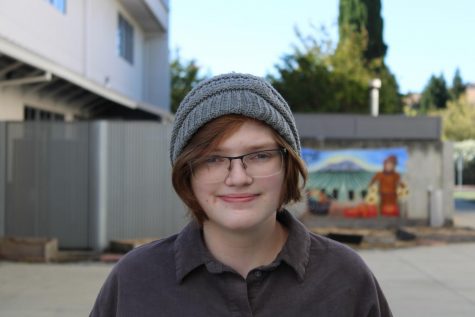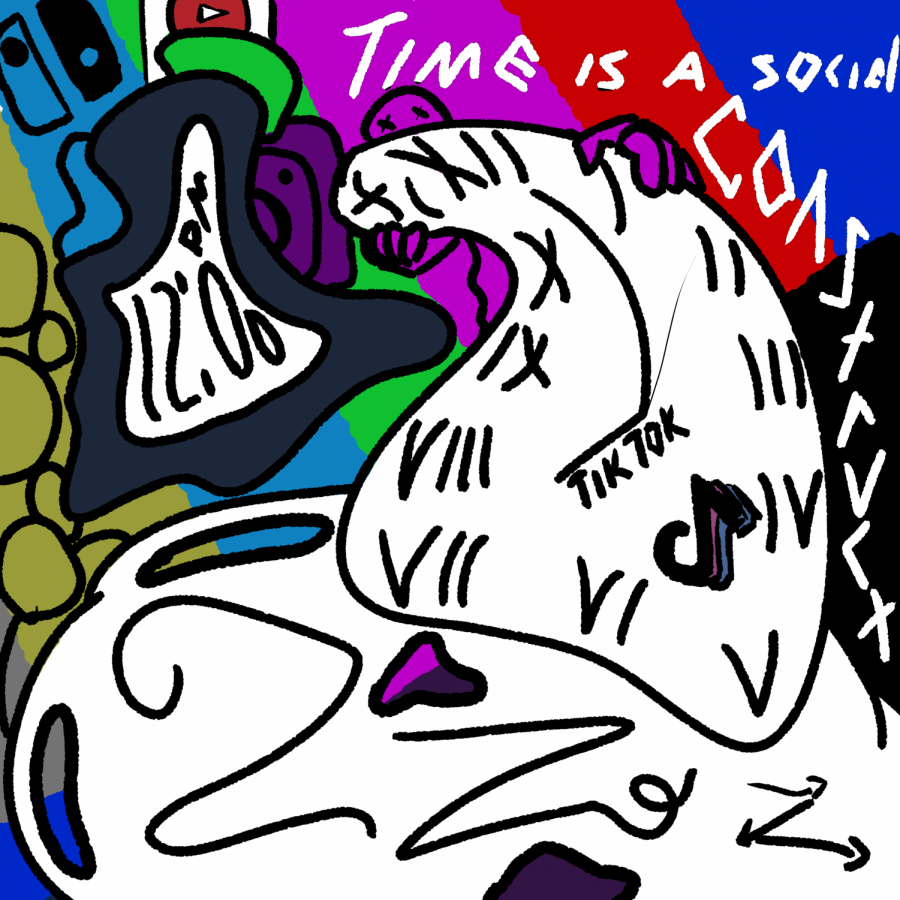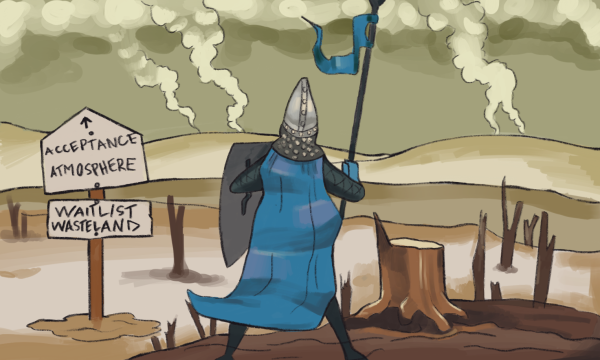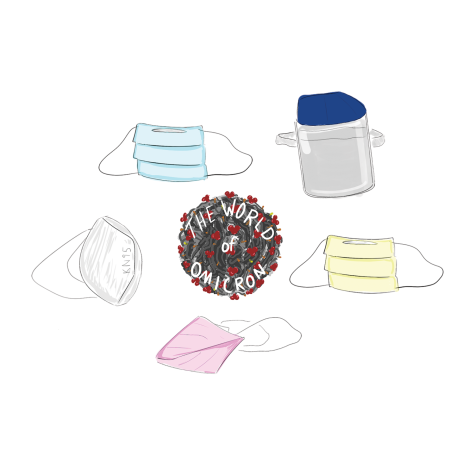Students go nocturnal during shelter-in-place
Sleep schedules get upended with schooling at home
Students find that the days melt together during this shelter-in-place order.
Now that she doesn’t have to worry about waking up early for school, senior Kaithlyne Nguyen lets herself stay up a little bit longer, playing “Animal Crossing: New Horizons”. Hours later, her eyes finally close as the sun rises.
When Nguyen finally wakes up, she realizes she has slept well into the afternoon. She spends her days and nights trying new hobbies, eventually falling asleep in the morning. Before she realizes it, Nguyen has become nocturnal.
Due to the shelter-in-place order brought on by the coronavirus pandemic, many students have found their normal routines disrupted.
“I’ve slept anywhere from 1 to 4 a.m. and woke up anywhere between 1 to 4 p.m.,” senior Liana Wong said. “I’ve also pulled a couple of all-nighters.”
Although half her day is spent sleeping, Wong finds her current sleep patterns relaxing because she can control her schedule. Others also enjoy the flexibility that isolation has to offer.
“I prefer the quarantine sleeping schedule because I like knowing I don’t have to wake up at a set time,” Nguyen said. “I can start my day whenever.”
Now that school is virtual, many students find it easier to get closer to the recommended 8-10 hours of sleep. Junior Anissa Fernandez consistently goes to bed around 10 p.m. every night and wakes up around 8 a.m. each morning, getting both a long and deep sleep.
But not everyone ends up squeezing in more hours of sleep in isolation. Sophomore Rithik Baral goes to bed between 5 and 7 a.m. but still manages to wake up at noon.
“I don’t do much during the day, so I’m not very tired at night,” Baral said.
As quarantine drags into nearly its second month, both adults and students become increasingly bored and less motivated. For some, this leads to more daytime naps, making them less tired at night.
This leads to a cycle of sleeping throughout the day when the sun is up. According to the National Sleep Foundation, exposure to natural light helps people control their sleep patterns in a healthy way. Household lights are not enough to regulate the body’s natural clock.
While natural light is helpful in managing the body’s internal clock, blue light from screens has the opposite effect. The National Sleep Foundation encourages people to refrain from using electronic devices an hour before going to sleep.
By sleeping throughout the day, some miss the opportunity to exercise outside as well. Wong reports that she doesn’t get her normal amount of exercise because of her new sleep schedule.
Physical activity also plays a role in getting a good night’s sleep. It makes people tired enough so they can sleep, which can help those who have coronavirus-induced insomnia.
“Occupy yourself throughout the day and do things to make yourself more tired so you actually sleep,” Baral said.
Wong and Baral fall asleep very late, sometimes catching the sunrise before going to bed. But some people are having an easier time maintaining a normal sleep routine.
“I think in the beginning [my sleep patterns] changed because I wasn’t held to a schedule and could sleep when I wanted,” Fernandez said. “As time went on and remote school started, I made sure to adjust my schedule so I would be awake.”
Fernandez is not too worried by the isolation, but there are mixed feelings regarding quarantine.
“Each person is going to have their own individual experience and react in their own unique way,” AP Psychology teacher Brandon Quick said. “It would make sense for this to affect extroverts more intensely than introverts as extroverts are typically more comfortable with and energized by larger social gatherings.”
For many seniors, the quarantine is even more troubling.
“I’m most likely not getting a senior ball or graduation and the whole college situation is different now,” Wong said. “It’s like one of the most important years of my life has been taken away from me.”
The loss of many opportunities and activities has led to stress and anxiety, which has been flagged as major culprits in the recent spike of insomnia.
“Our sleep patterns are very sensitive to our brain chemistry,” Quick said. “Any time stress and anxiety are being experienced without appropriate coping methods, sleep disturbances can occur.”
Sleep disturbances include difficulty sleeping, strange dreams, and nightmares.
While getting a good amount of sleep is always essential, it is especially vital in these times because a lack of good sleep can degrade the immune system, according to the National Sleep Foundation. Plus, with the coronavirus continuing to spread rapidly, the last thing anyone needs is a weak immune system.
In order to improve your sleeping habits, Wong suggests avoiding food 30 minutes before bed. Quick recommends writing down your thoughts and feelings and reaching out to those you can trust and are comfortable with.
A popular recommendation among teens is to pull an all-nighter and sleep early the following night in order to fix an abnormal sleep schedule. But Quick disagrees.
“Waking up and going to sleep every day at the same time is best,” Quick said. “The specific time an individual goes to sleep and wakes up is not as important as having a predictable routine every day.”

Angela Deanne Paloma is excited to spend her senior year and her second year in the Californian as a News Editor. Aside from journalism, she has a great...

Senior Ari Harvey has returned for their third year with The Californian, this time serving as the paper’s Graphics Editor. Besides drawing all manner...







